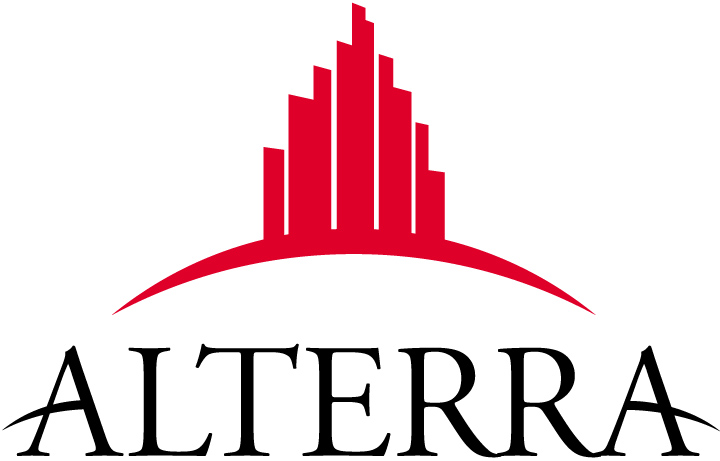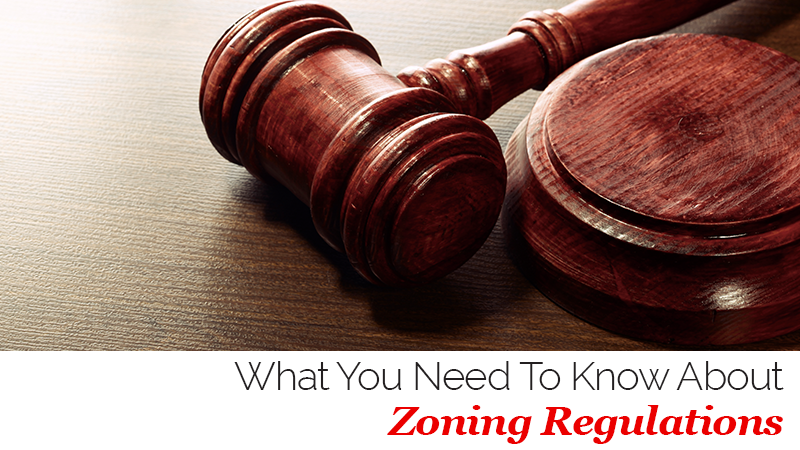If you’re looking for a piece of commercial real estate, you need to understand some basic information about zoning ordinances and regulations. Commercial properties have to be properly zoned for use, otherwise, you could end up with stiff fines, penalties and a business at a stand still. To make matters a bit more complicated, zoning isn’t always black and white. There are many areas that can be zoned for multiple uses and zoning can change from time to time.
The Basics of Zoning
Zoning laws control what is and isn’t allowed within a specific area. There are five major types of zoning: agricultural, recreational, industrial, commercial and residential. Many areas have multiple types of zoning, and zoning can change, especially as markets begin to grow. A busy city could be zoned as both residential and commercial, while a rural town may be zoned as both residential and agricultural.
Zoning will impact the types of structures that can be built, the commercial enterprises that can be carried out, the allowed noise levels and the number of parking spaces that each business can have. Although the specific zoning should be governed by your lease or purchase agreement, you may not know which regulations and ordinances are attached.
Common Zoning Mistakes
One of the biggest mistakes commercial clients make is assuming that a property can be used for commercial use simply because it already is, or that, because it’s registered as a commercial zone, any commercial activity can occur. As noted, different commercial areas could have different requirements regarding the size of buildings, parking and the type of business that is allowed.
Additionally, most commercial enterprises are not required to change or to move if zoning regulations change while they are already established. Consequently, a client could purchase a retail establishment within a commercial zone only to find out that the previous owner was grandfathered into their zoning. In order to maintain a commercial enterprise there, the new business owner would have to apply for a zoning change.
Applying for a Change in Zoning
It is possible to apply for a change in zoning, though the process can be fairly involved. In order to apply for a change in zoning, you must send in an application (with a fee) to your local jurisdiction. Before you begin your application, you should have a very thorough plan regarding your proposed commercial structure, business plan and commercial financing.
The administration will need to have a very clear idea of what you intend to build before they approve of the zoning change. This could include environmental and neighborhood impact studies (such as noise and light pollution), scale models of your building and complete architectural plans. The jurisdictional board will then decide upon whether or not your change in zoning would be beneficial or detrimental to your surrounding areas.
It’s always easiest to find land that is already properly zoned for your next commercial enterprise. But it does sometimes take some research and expertise, especially in areas with more complex zoning restrictions. If you want to learn more about zoning laws and ordinances, contact us at Alterra Real Estate Advisors today. We can also help you find a commercial property that suits your needs if you’re in the market. Brad Kitchen, President, Alterra Real Estate Advisors.

